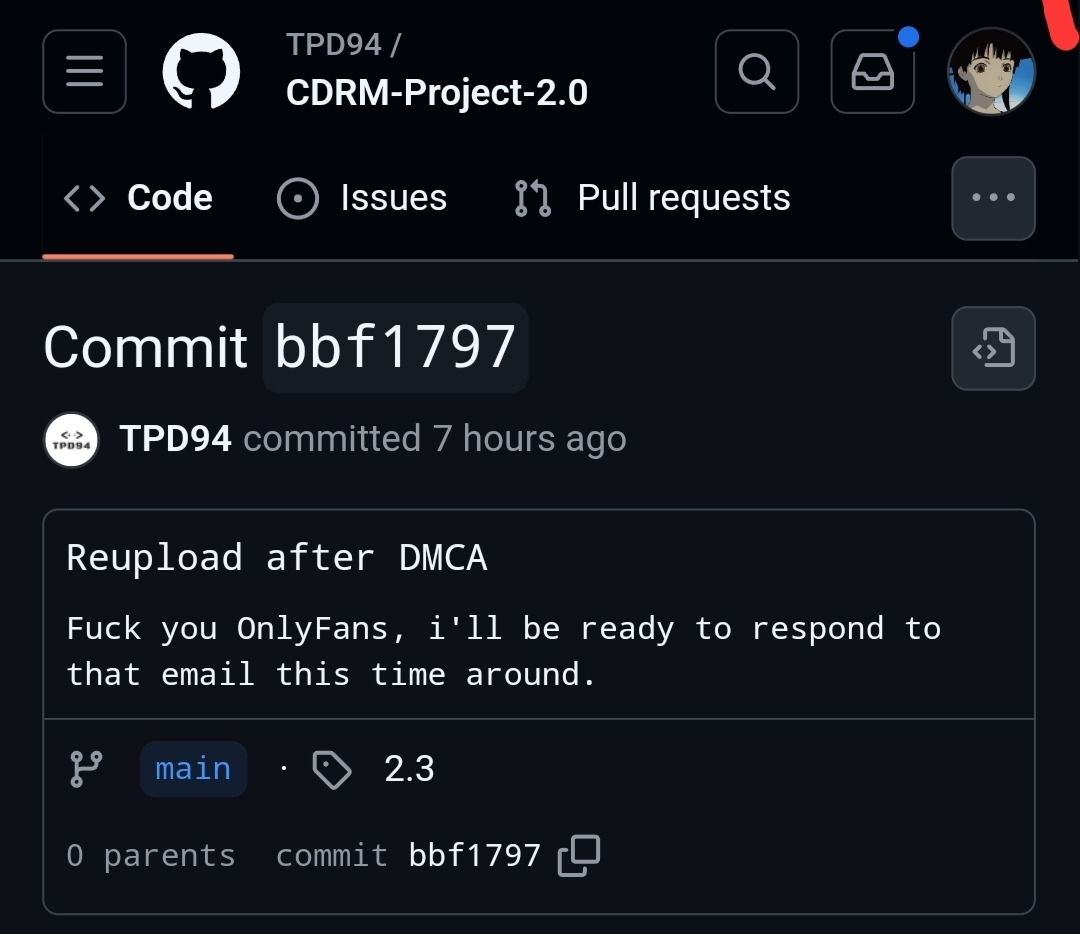This is not a long post, but I wanted to post this somewhere. This may be useful if someone is doing an article about Google or something like that.
While I was changing some things in my server configuration, some user accessed a public folder on my site, I was looking at the access logs of it at the time, everything completely normal up to that point until 10 SECONDS AFTER the user request, a request coming from a Google IP address with Googlebot/2.1; +http://www.google.com/bot.html user-agent hits the same public folder. Then I noticed that the user-agent of the user that accessed that folder was Chrome/131.0.0.0.
I have a subdomain and there is some folders of that subdomain that are actually indexed on the Google search engine, but that specific public folder doesn't appear to be indexed at all and it doesn't show up on searches.
May be that google uses Google Chrome users to discover unindexed paths of the internet and add them to their index?
I know it doesn't sound very shocking because most people here know that Google Chrome is a privacy nightmare and it should be avoided at all times, but I never saw this type of behavior on articles about "why you should avoid Google Chrome" or similar.
I'm not against anyone scrapping the page either since it's public anyways, but the fact they discover new pages of the internet making use of Google Chrome impressed me a little.
Edit: Fixed a typo

+1. Mullvad browser is the best when it comes to browse the clearnet (not Tor). Also, if anyone reading this, do not compile Mullvad browser yourself, only use the official binary from the Mullvad site (or the -bin variant if you use Arch Linux AUR) since from my testing, different compiled versions of Mullvad browsers come with different fingerprints.
Using an optimized build from CachyOS and using it on CreepJS will give you a low amount of visits, same goes with the Flatpak build, but the binary from the Mullvad site gives around 2k views, which means that at least 2k people have the exact same fingerprint as you, but of course, it counts the people that have visited CreepJS to test their fingerprint. There is also fingerprint.com which seems to be wayyy more advanced.